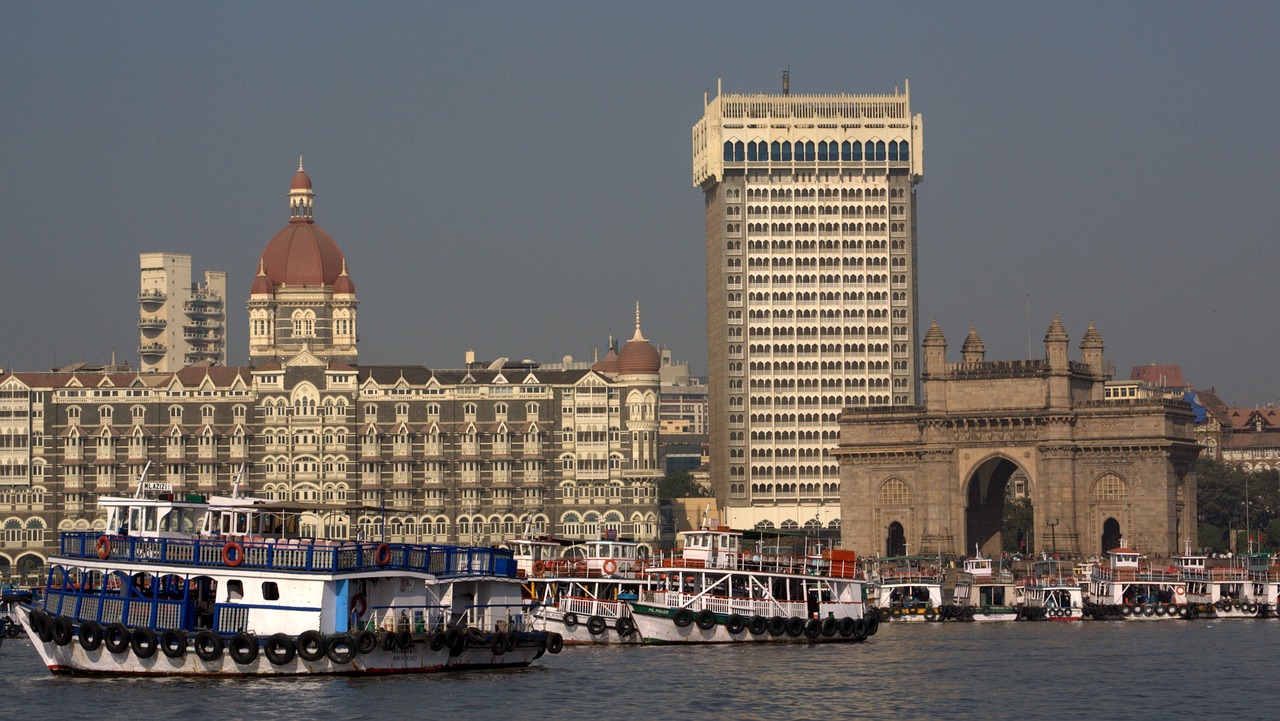Ensuring the Security of Election Systems During Political Crises
betbhai9 whatsapp number, radhe exchange register, my99 exch:Ensuring the Security of Election Systems During Political Crises
In today’s increasingly polarized political climate, the security of election systems has become a major concern. Political crises can create vulnerabilities that malicious actors may seek to exploit in order to manipulate election outcomes. It is crucial to implement robust security measures to safeguard the integrity of our democratic processes.
The threat of cyberattacks on election systems is real and ongoing. From disinformation campaigns to hacking attempts, there are multiple ways in which bad actors can undermine the credibility of an election. As such, it is imperative that election officials, cybersecurity experts, and government agencies work together to fortify the security of our electoral infrastructure.
Here are some key steps that can be taken to ensure the security of election systems during political crises:
1. Implement Multi-Factor Authentication
One of the most basic yet effective security measures that can be implemented is multi-factor authentication. By requiring users to verify their identity through multiple means (such as a password and a one-time code sent to their phone), the risk of unauthorized access to election systems can be greatly reduced.
2. Conduct Regular Security Audits
Regular security audits should be conducted to identify and address any vulnerabilities in election systems. By proactively testing for weaknesses and implementing patches and updates as needed, the likelihood of a successful cyberattack can be minimized.
3. Secure Voter Registration Databases
Voter registration databases contain sensitive information that must be protected at all costs. Strong encryption protocols should be used to secure these databases, and access should be restricted to authorized personnel only.
4. Train Election Staff on Cybersecurity Best Practices
Election staff should be well-versed in cybersecurity best practices to ensure that they do not inadvertently compromise the security of election systems. Training sessions on topics such as identifying phishing emails and securing passwords can help bolster the overall security posture of election infrastructure.
5. Employ Intrusion Detection Systems
Intrusion detection systems can help to detect and respond to suspicious activity on election systems. By monitoring network traffic for signs of unauthorized access or malicious behavior, these systems can help to thwart potential cyberattacks before they cause significant damage.
6. Collaborate with Government Agencies and Cybersecurity Experts
Collaboration is key when it comes to securing election systems. Government agencies such as the Department of Homeland Security and cybersecurity experts can provide valuable insights and resources to help bolster the security of electoral infrastructure.
FAQs
Q: How can misinformation be combated during elections?
A: Misinformation can be combated through education campaigns, fact-checking initiatives, and social media monitoring. It is also important for election officials to be transparent about their processes and to communicate openly with the public.
Q: What role do voters play in ensuring the security of election systems?
A: Voters can play a crucial role in ensuring the security of election systems by being vigilant and reporting any suspicious activity to election officials. They can also take steps to protect their own information, such as by using secure passwords and being cautious about sharing personal data online.
Q: How can election systems be secured against physical threats?
A: Election systems can be secured against physical threats through the use of physical security measures such as surveillance cameras, access controls, and tamper-evident seals. It is also important to have contingency plans in place in case of emergencies.
In conclusion, safeguarding the security of election systems during political crises is of paramount importance. By implementing robust security measures, conducting regular audits, and collaborating with government agencies and cybersecurity experts, we can help to protect the integrity of our democratic processes. Stay informed, stay vigilant, and together we can ensure that our elections remain free, fair, and secure.







